|
Ta-Nehisi Coates is an American writer, journalist, and educator. Coates is a senior editor for The Atlantic, and blogger for that publication's website where he writes about cultural, social and political issues. His writings on race, such as his September 2012 Atlantic cover piece "Fear of a Black President" and his June 2014 feature "The Case for Reparations," have been especially praised, and have won his blog a place on the Best Blogs of 2011 list by TIME Magazine and the 2012 Hillman Prize for Opinion & Analysis Journalism from The Sidney Hillman Foundation.
Legal Community Morns Death of St. Louis' First African American Presiding Circuit Court Judge12/3/2014 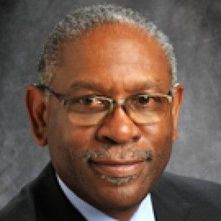 This week, the legal community here mourned the loss of Judge Calvin, who died late Saturday (Nov. 29, 2014) of complications from surgery. He was 63. Judge Calvin’s death came as a shock to friends and family who had watched him bounce back with vigor from an operation earlier in November. In 1978, three years out of St. Louis University law school, Judge Calvin was elected magistrate judge. The following year, magistrates became associate circuit court judges under the nonpartisan court plan. In 1988, Judge Calvin became a circuit judge, and in 1999 he was elected by his colleagues as presiding judge, the first African-American in that position. He retired from the bench in 2008, then worked of counsel to Spencer Fane Britt & Browne, focusing on mediation and arbitration. Former colleagues said Judge Calvin’s time on the bench was marked by fairness and respect. “I think he was a model trial judge,” Circuit Court Judge Michael David said. “I believe people felt they always had a fair shake and he was as close to universally admired and respected and loved as anybody I’ve ever known.” Circuit Judge Jimmie Edwards called Judge Calvin as “an incredible person,” adding, “He was known on this bench as a diplomat. He will be missed.” Judge Calvin is survived by his wife, Vanessa, and sons Michael Jr. and Justin. His funeral will be held Saturday at All Saints Episcopal Church, 2831 North Kingshighway in St. Louis. Visitation will be from 11 a.m. to 1 p.m., with the service to follow. A scholarship is being set up in Judge Calvin’s name at his law school. 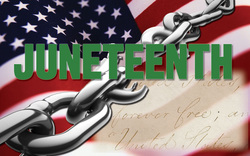 Juneteenth is the oldest known celebration commemorating the ending of slavery in the United States. Dating back to 1865, it was on June 19th that the Union soldiers, led by Major General Gordon Granger, landed at Galveston, Texas with news that the war had ended and that the enslaved were now free. Note that this was two and a half years after President Lincoln’s Emancipation Proclamation - which had become official January 1, 1863. The Emancipation Proclamation had little impact on the Texans due to the minimal number of Union troops to enforce the new Executive Order. However, with the surrender of General Lee in April of 1865, and the arrival of General Granger’s regiment, the forces were finally strong enough to influence and overcome the resistance.
The reactions to this profound news ranged from pure shock to immediate jubilation. While many lingered to learn of this new employer to employee relationship, many left before these offers were completely off the lips of their former 'masters' - attesting to the varying conditions on the plantations and the realization of freedom. Even with nowhere to go, many felt that leaving the plantation would be their first grasp of freedom. North was a logical destination and for many it represented true freedom, while the desire to reach family members in neighboring states drove the some into Louisiana, Arkansas and Oklahoma. Recounting the memories of that great day in June of 1865 and its festivities would serve as motivation as well as a release from the growing pressures encountered in their new territory. The celebration of June 19th was coined "Juneteenth" and grew with more participation from descendants. The Juneteenth celebration was a time for reassuring each other, for praying and for gathering remaining family members. Juneteenth continued to be highly revered in Texas decades later, with many former slaves and descendants making an annual pilgrimage back to Galveston on this date. Today, Juneteenth is enjoying a phenomenal growth rate within communities and organizations throughout the country. Institutions such as the Smithsonian, the Henry Ford Museum and others have begun sponsoring Juneteenth-centered activities. In recent years, a number of local and national Juneteenth organizations have arisen to take their place along side older organizations - all with the mission to promote and cultivate knowledge and appreciation of African American history and culture.
Juneteenth today, celebrates African American freedom and achievement, while encouraging continuous self-development and respect for all cultures. As it takes on a more national, symbolic and even global perspective, the events of 1865 in Texas are not forgotten, for all of the roots tie back to this fertile soil from which a national day of pride is growing. The future of Juneteenth looks bright as the number of cities and states creating Juneteenth committees continues to increase. Respect and appreciation for all of our differences grow out of exposure and working together. Getting involved and supporting Juneteenth celebrations creates new bonds of friendship and understanding among us. This indeed, brightens our future! Source: http://www.juneteenth.com/history.htm 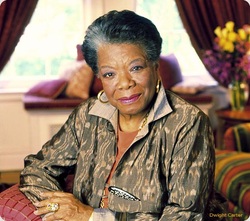 NEW YORK (AP) — Maya Angelou, who rose from poverty, segregation and the harshest of childhoods to become a force on stage, screen, the printed page and the inaugural dais, has died. She was 86. Her death was confirmed in a statement issued by Wake Forest University in Winston-Salem, North Carolina, where she had served as a professor of American Studies since 1982. Tall and regal, with a deep, majestic voice, Angelou defied all probability and category, becoming one of the first black women to enjoy mainstream success as an author and thriving in virtually every artistic medium. The young single mother who performed at strip clubs to earn a living later wrote and recited the most popular presidential inaugural poem in history. The childhood victim of rape wrote a million-selling memoir, befriended Malcolm X, Nelson Mandela and the Rev. Martin Luther King, Jr., and performed on stages around the world. An actress, singer and dancer in the 1950s and 1960s, she broke through as an author in 1970 with "I Know Why the Caged Bird Sings," which became standard (and occasionally censored) reading, and was the first of a multipart autobiography that continued through the decades. In 1993, she was a sensation reading her cautiously hopeful "On the Pulse of the Morning" at former President Bill Clinton's first inauguration. Her confident performance openly delighted Clinton and made the poem a best-seller, if not a critical favorite. For former President George W. Bush, she read another poem, "Amazing Peace," at the 2005 Christmas tree lighting ceremony at the White House.
|
Archives
October 2017
Categories
All
|



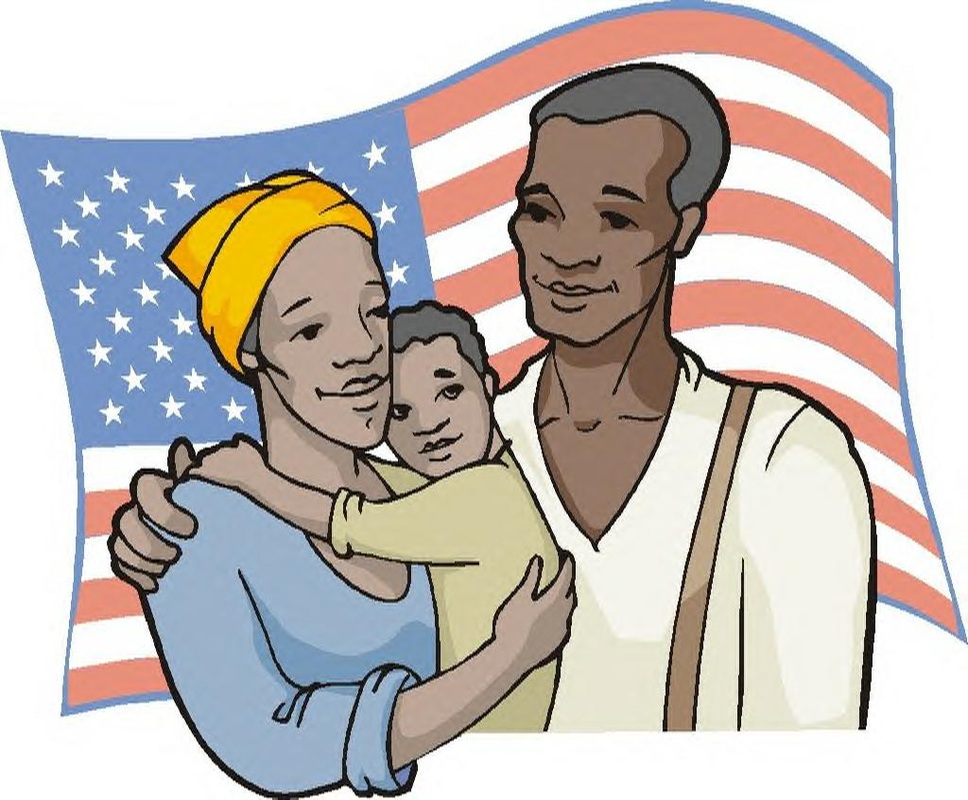
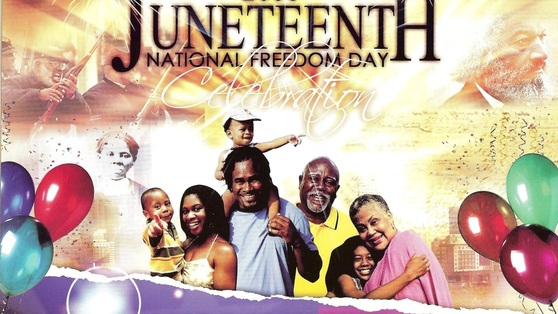
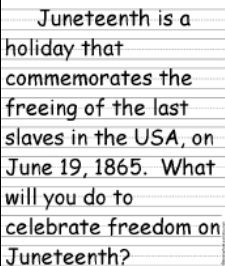
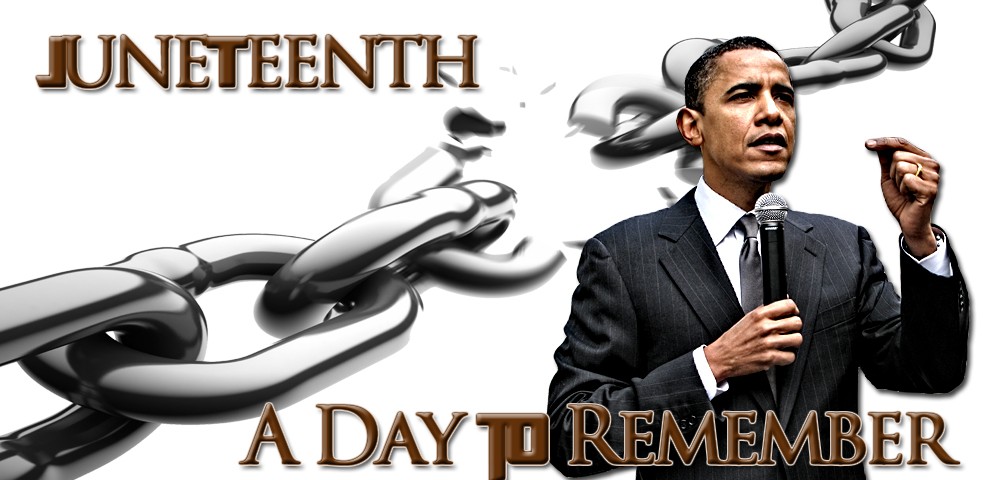
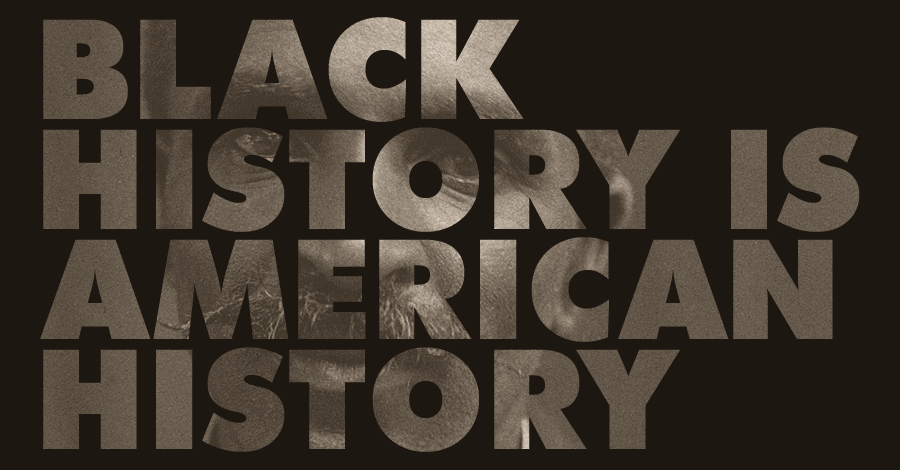
 RSS Feed
RSS Feed
